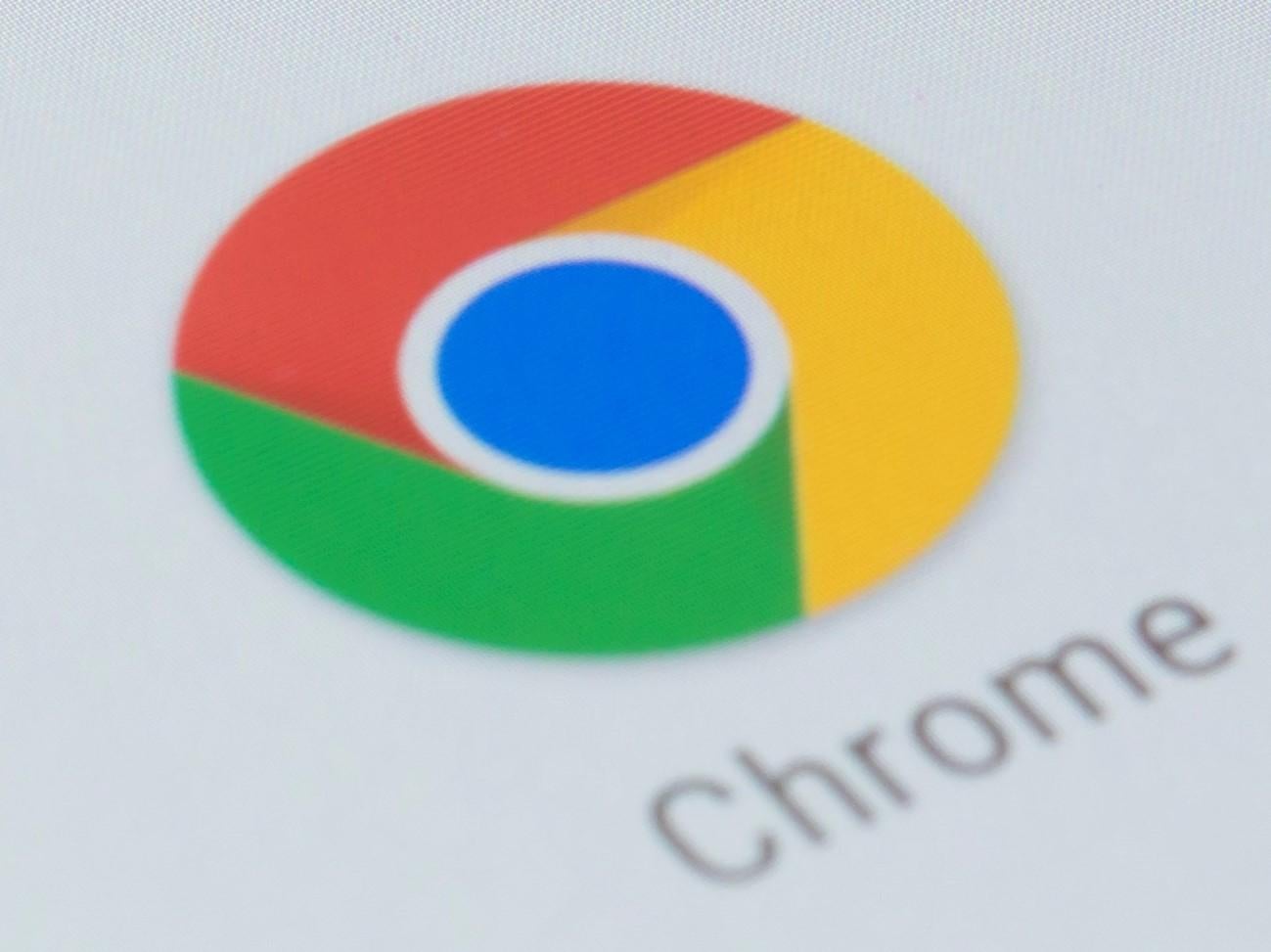Chrome update lets people get around paywalls with new incognito mode
Publishers have previously been alerted when people use the private browsing mode

Your support helps us to tell the story
From reproductive rights to climate change to Big Tech, The Independent is on the ground when the story is developing. Whether it's investigating the financials of Elon Musk's pro-Trump PAC or producing our latest documentary, 'The A Word', which shines a light on the American women fighting for reproductive rights, we know how important it is to parse out the facts from the messaging.
At such a critical moment in US history, we need reporters on the ground. Your donation allows us to keep sending journalists to speak to both sides of the story.
The Independent is trusted by Americans across the entire political spectrum. And unlike many other quality news outlets, we choose not to lock Americans out of our reporting and analysis with paywalls. We believe quality journalism should be available to everyone, paid for by those who can afford it.
Your support makes all the difference.Google has updated its Chrome web browser to prevent websites see when visitors are using Incognito Mode, making it easier for people to bypass paywalls on websites.
The latest update is designed to improve users' privacy by preventing websites from monitoring when people are using the private browsing feature.
"We want you to be able to access the web privately, with the assurance that your choice to do so is private as well," Google explained in a blog post introducing the update.
"In situations such as political oppression or domestic abuse, people may have important safety reasons for concealing their web activity and their use of private browsing features."
The update comes after a study revealed that 93 per cent of pornography websites collect user data and share it with third parties, even when people are using private browsing modes.
One of the consequences of the update is that it will affect some web publishers who monitor visitors using Incognito Mode to ensure they are not able to get around metered paywall.
Certain news publishers and other websites offer a limited amount of free content before a visitor has to pay for a subscription.
In order to get around this limit, some people use Incognito Mode to make it appear as though they have never visited the website before.
Recently, websites started looking for when users were in the private browsing mode and banning them from viewing the website if they were.
The new Chrome update will mean websites who protect their paywall by blocking people who use Incognito Mode will no longer be able to.
In its blog post, Google said that people's privacy must be prioritised over the income streams of online publishers.
"Our News teams support sites with meter strategies and recognise the goal of reducing meter circumvention, however any approach based on private browsing detection undermines the principles of Incognito Mode," Google said.
Join our commenting forum
Join thought-provoking conversations, follow other Independent readers and see their replies
Comments